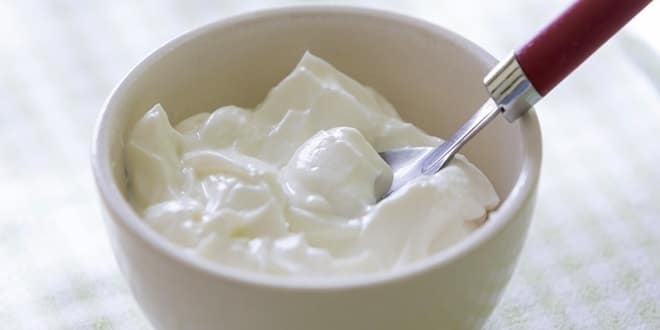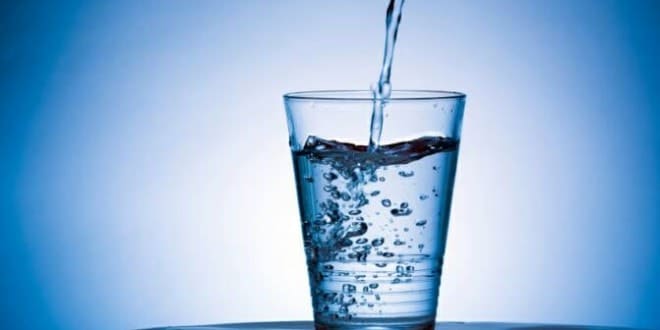Introduction to Fermentation ( Prof.Dr. Mehmet D. ÖNER )
FE-471 FOOD FERMENTATION TECHNOLOGY
Prof. Dr. Mehmet D. Öner
DEFINITION OF FOOD FERMENATION:
Microbial(1) activities(2), usually anaerobic(3), on suitable substrate under controlled(4) or uncontrolled (5) conditions resulting(6) in the production of desirable (7) foods or beverages which are characteristically more stable(8), palatable(9) and nutritious(10) than the raw substrate.
What do fermentation scientist do:
1-Fermentation industry beer, wine, dairy fermentation, pickling, oriental fermented foods
2- Industrial fermentations organic acids, antibiotics, medicine
3-New product development genetic engineering
4-Teaching, Research, Extension University, Government, Industry
History of Fermentation
1 -Pre-scientific ERA scientific ERA – before 17th century
a -traditional microbiological process( beer, wine, bread, vinegar traditional microbiological process( beer, wine, bread, vinegar, cheese, pickling cheese, pickling
b -traditional food preservation traditional food preservation sun drying, salting, freezing sun drying, salting, freezing
c -food borne diseases and spoilage food borne diseases and spoilage accepted as fate or act of G accepted as fate or act of God
2 -ScientificEra ScientificEra
a – Elucidation of biological proc Elucidation of biological processes through scientific developments in ents in microbiology microbiology ,
-improvement of traditional processes improvement of traditional processes
-development of new industries based on development of new industries based on m.o. not previously exploited . not previously exploited
-antibiotics, enzyme biotechnology antibiotics, enzyme biotechnology
b -new preservation procedures fr new preservation procedures freeze drying, microwave, radiatio eeze drying, microwave, radiation
c -control of food spoilage and food control of food spoilage and food borne diseases by understandi borne diseases by understanding
mechanism better mechanism better
3 -Future
a – continue to improve traditional methods continue to improve traditional methods
b -biotechnology biotechnology
c -new technologies new technologies
Some cornerstones of fermentation
Discovery of microorganism by Discovery of microorganism by Antonie Antonie von Leewenhoek Leewenhoek 1810 Canning by 1810 Canning by Appert 1854 Pasteur Pasteur showed that microbes are showed that microbes are responsible for fermentation. responsible for fermentation. Fermentation is the Fermentation is the convers conversion of sugar of sugar to alcohol to make beer and wine. to alcohol to make beer and wine. Microbial growth is also responsible for Microbial growth is also responsible for spoilage of food. Bacteria that spoilage of food. Bacteria that use alcohol and produce acetic acid spoil alcohol and produce acetic acid spoil wine by turning it to vinegar (acetic wine by turning it to vinegar (acetic acid).
…





Harika bir hoca, harika bir sunum.